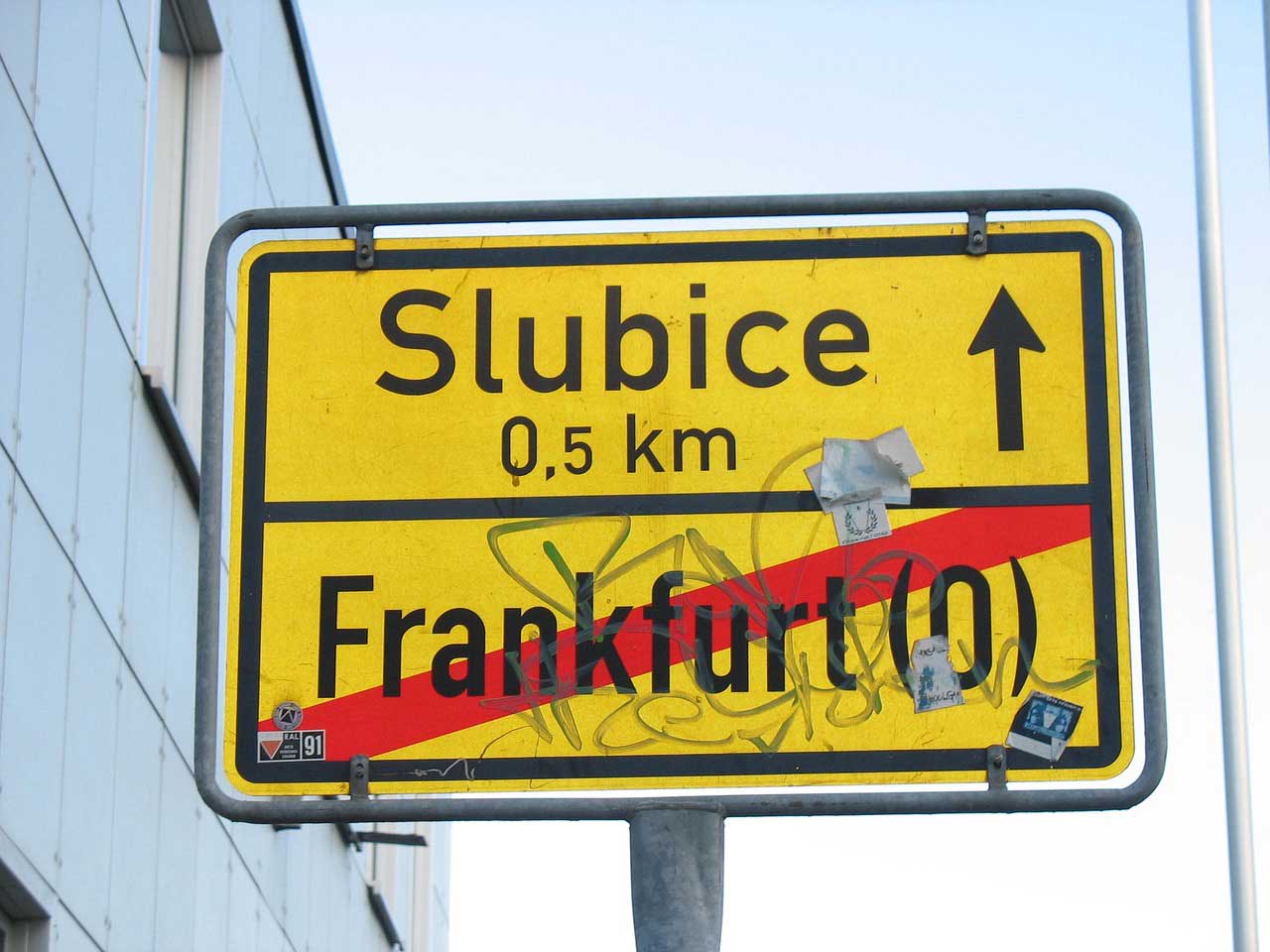The group of European Union member states opposed to the enlargement of the Schengen area has expanded. On the eve of Austria announced its refusal to support the entry of Bulgaria, Croatia, and Romania into the Schengen.
In a press release issued on Friday, November 18, the Austrian Ministry of the Interior noted that due to “current migration rates and lack of adequate border security”, Austria is categorically against expanding the Schengen area at the expense of Bulgaria, Croatia, and Romania.
Recently, the number of migrants illegally reaching the borders of Austria has increased significantly. The authorities detained 100,000 illegal migrants in the country. 75 percent of them were not registered in any of the EU countries, while they have already managed to “quietly” cross several safe third countries.
According to Austrian officials, “in this situation, it is wrong to refuse border control.”
To prevent an increase in illegal migration flows, smuggling activities, and the illegal entry of potential terrorists, Austria has reintroduced land border controls with Slovenia and Hungary, which will be in effect until May 11, 2023.
Recall that in Austria there is a similar border control with Slovakia.
Several other countries, including the Czech Republic, Denmark, France, Germany, Norway, and Sweden, have now reintroduced passport checks due to migration and security risks.
Austria is not the only country that opposes the expansion of the Schengen area. The Netherlands does not support the accession of Bulgaria and Romania to the Schengen area, and the country’s lawmakers even introduced a resolution at the end of October this year in an attempt to prevent the government from “taking an irresponsible step” allowing these two countries to join the Schengen area. To clarify the situation, the Dutch government sent its delegation to Romania to assess the country’s readiness.

